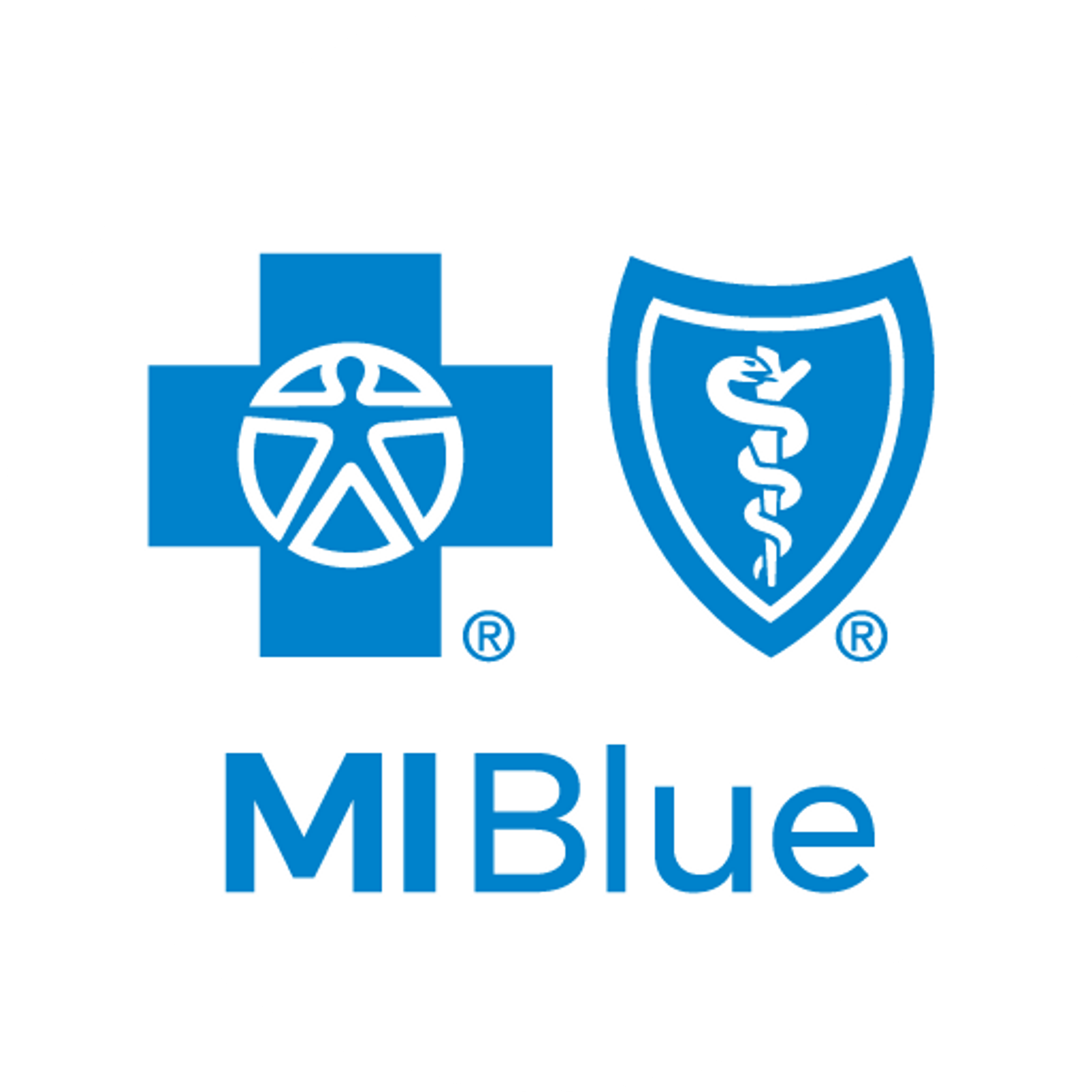Are You Health Literate? Test Your Knowledge

Blues Perspectives
| 4 min read

Do you ever think about your level of health and health care knowledge? If you do, you're not alone. If you think you may not know as much as you should about health and the health care system, you're not alone there, either.
Only 12% of adults are considered proficient in health literacy, according to the National Assessment of Adult Literacy. That means almost nine out of 10 adults don't have a firm grasp on the language used to navigate and manage their health.
The average patient forgets 40 to 80% of the critical information shared during a doctor’s visit immediately after leaving the appointment. Being in a medical setting can be stressful, making it harder to focus and retain important health knowledge. In order to improve your own health knowledge and feel more in control, educate yourself with this quick quiz:
Question No. 1: Your medication advises you to take one tablet twice daily by mouth. How should you take the medication?
- A) Dissolve the tablet in water and drink the medication twice per day, at the times of your choosing.
- B) Break the tablet in half and take at 10 a.m., noon, 4 a.m. and 8 a.m.
- C) Swallow one tablet in the morning and one tablet in the evening.
- D) A or C
Answer: C. Swallow one tablet in the morning and one tablet at night. Taking the proper dosage at appropriately spaced lengths is critical to the effectiveness of any medication.
Question No. 2: If you go in for an annual checkup and your doctor says you have a 1 in 10 chance of having disease A and a 1 in 20 chance of having disease B, for which disease are you at higher risk?
Answer: Disease A. One in 10 odds makes your percentage of having the disease 10% whereas 1 in 20 odds makes your percentage of having the disease only 5%.
Question No. 3: What is a health insurance formulary?
- A) The formula for calculating your health insurance deductible
- B) The amount you pay for health care services in addition to payments made by your health insurance provider
- C) A list of drugs covered by your health insurance provider
- D) A list of health care items of services covered under your insurance plan
Answer: C. A formulary is a list of drugs covered by your health insurance provider. There are usually different categories of drugs with different prices, so be sure to talk to your doctor and/or pharmacist about the cost of any prescribed medications and potential lower-priced alternatives.
Question No. 4: It’s recommended that you take 2 tsp. of a medical liquid digestive aid. What does tsp. stand for?
Answer: Teaspoon. While many liquid dosages are recommended for children, adults still need to know how to measure for themselves or anyone else. An estimated 40 to 60% of parents in the U.S. make errors when dispensing medication to their children. Making the mistake between a teaspoon, a tablespoon or other amounts can be dangerous for anyone.
Question No. 5: What is the best way to remember what a doctor told you in an appointment?
- A) Use an app (like Your Health Record or the Blue Cross app) to track your health needs and note any major items or changes
- B) Take notes on your phone or in a notepad as you meet with your doctor and discuss any health concerns
- C) Pay attention to what the doctor is saying and be sure to ask them comprehensive questions throughout your visit
- D) All of the above.
Answer: D. Since most people forget or disregard the information that they receive during doctor’s appointments, taking notes, making sure you feel informed and being prepared as you leave the office are all good ways to stay on top of your health.
Continue reading:
- 5 Ways to Boost Your Health Literacy
- ‘I’m Growing Back:’ Brownstown Breast Cancer Survivor’s Love of Gardening Helped Her Through Treatment
- How to Avoid Common Forms of Health Care Fraud
Photo credit: Getty Images





